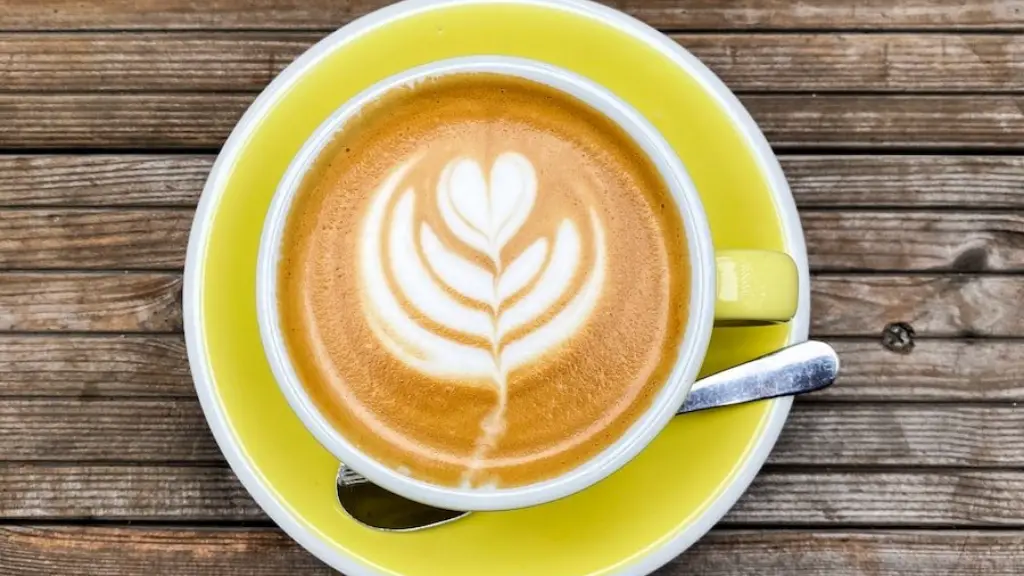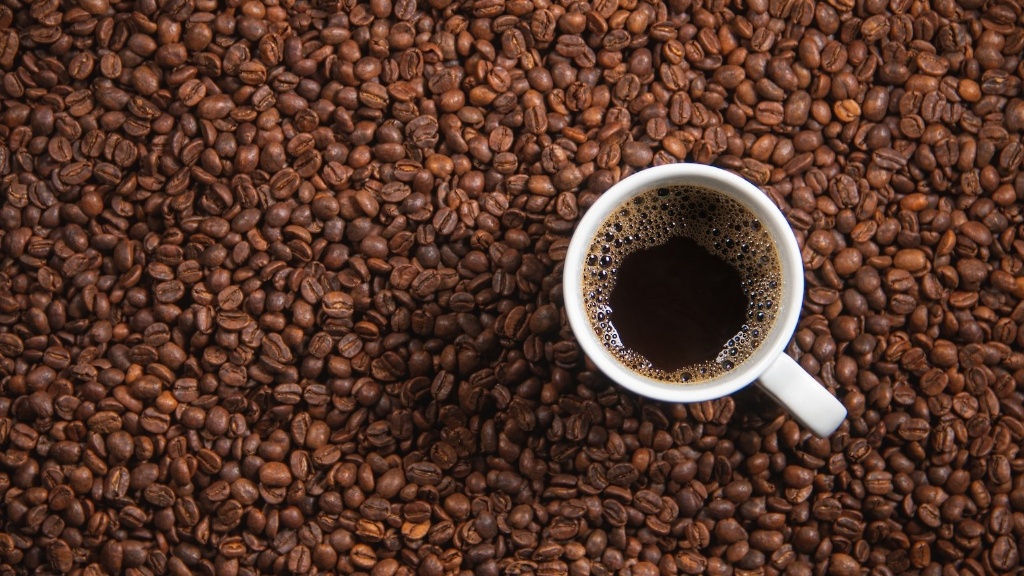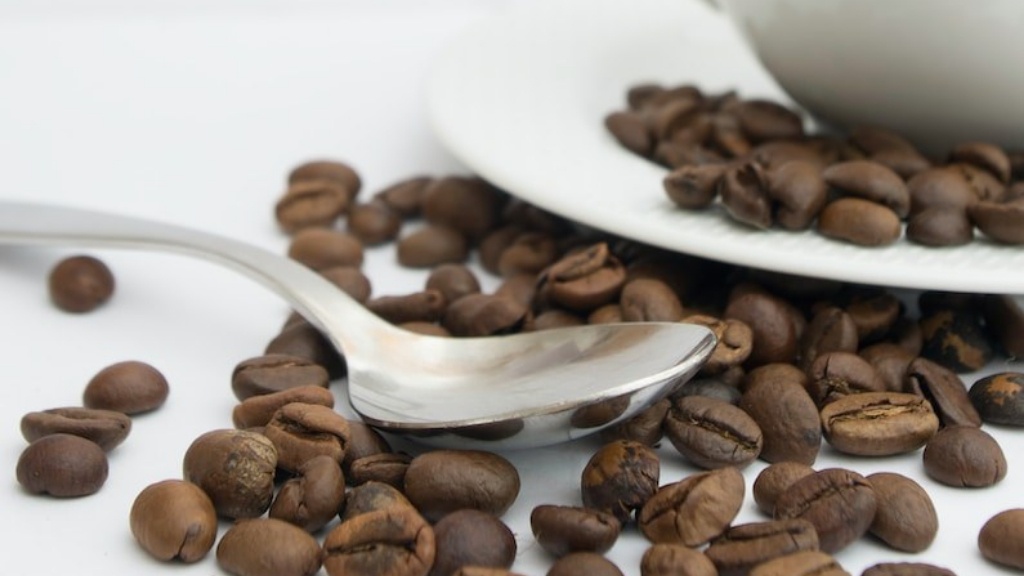Coffee, an integral part of many people’s morning routine, could be beneficial throughout the day, even late into the night. But what if you drink coffee before sleep? Could the effects of caffeine still linger when you lie down to rest? Questions like these often seek an answer from numerous published studies, which are relatively limited in this area. Studies suggest that caffeine can affect our sleep quality as much as six hours after it is ingested. This is because our bodies need to metabolize caffeine before it leaves the body. That’s why drinking coffee or other caffeinated beverages shortly before bedtime can leave us feeling energized, alert, and unable to fall asleep.
Caffeine has a stimulant effect on the body, and for this reason, it’s a good idea to avoid drinking coffee late in the day if you want to maintain healthy sleep. Caffeine blocks the production of sleep-inducing hormones in our bodies, making it harder for us to drift off. Research has also found that increased caffeine consumption is linked to sleep disturbances such as insomnia and delayed sleep onset. So, if we had to answer the initial question – should you drink coffee before sleep? – then the consensus is likely no.
However, it’s not just coffee that could potentially disrupt our sleep; other caffeinated drinks like soda or energy drinks may also contribute to poor sleep. Studies suggest that these drinks reduce sleep duration, reduce total sleep time, and increase awakenings during the night. In fact, these drinks have a higher caffeine content than coffee, meaning that the effects may be amplified. Therefore, it’s best to avoid these beverages close to bedtime.
Other factors are important too. Caffeine sensitivity affects how our bodies react to caffeine, and we should take this into consideration when measuring our reactions to coffee. Some people can tolerate drinks more readily than others, meaning that coffee before bed may not necessarily have the same effect on everyone. In this regard, it may be best to experiment and find a suitable time throughout the day in which to enjoy coffee.
Caffeine consumption before bed could also make us more prone to food cravings at night. Caffeine increases adrenaline in the body and reduces levels of serotonin, the feel-good hormone. Both of these physiological changes can fuel cravings, particularly for sugary, fatty, or salty foods late at night. Furthermore, poor sleep increases our risk of gaining weight. Studies suggest that poor sleep affects hormones which control our appetite, leading to an increased intake of calories during the day. Therefore, drinking coffee before bed could also lead to weight gain.
Although drinking coffee shortly before bedtime is not always recommended, this doesn’t mean that it’s entirely off the menu either. If you wish to enjoy coffee in the evening, a cup of decaf might be the best option to avoid the stimulating effects of caffeine. Even caffeine-free herbal tea or a simple glass of warm milk can help to create the sense of calm prior to sleep.
Herbal tea vs coffee
Herbal tea can be an excellent alternative to coffee in the evening. As well as avoiding the potentially adverse effects of caffeine, herbal tea can also offer several other benefits. Some herbal teas contain calming herbs such as chamomile, lavender, and valerian root. These herbs have been used for centuries for their calming effects and may provide an extra boost of relaxation prior to sleep. Furthermore, herbal tea can also offer several great health benefits. For example, studies suggest that chamomile tea can improve sleep quality and reduce feelings of stress and anxiety. It may also have anti-inflammatory properties and aid digestion.
In contrast, coffee may have the opposite effect on many people’s sleep. Not only does drinking coffee before bed delay sleep onset and make it harder to stay asleep, but it may also reduce total sleep time. Furthermore, added ingredients such as sugar, cream, or frothy toppings can increase the calorie content of coffee drinks and make us more prone to food cravings later in the night.
Sleep hygiene
No matter the case, maintaining good sleep hygiene is recommended when considering our evening habits. Sleep hygiene is the term used to describe any habits or activities that may promote healthy sleep. This includes sw serveral practises such as avoiding caffeine late in the day, exercising regularly, avoiding screens prior to bedtime, and trying to get 7-8 hours of sleep each night. If we’re able to regulate our sleeping habits on a regular basis, then enjoying coffee before bed might not be such an issue after all.
The impact of coffee
The impact of drinking coffee before sleep might look different for everyone, but the majority of research points towards it having a negative effect on sleep quality. When we drink coffee shortly before bed, it can take hours to wear off, leaving us feeling energized and alert when we actually need to be winding down. Furthermore, while coffee might offer us a hit or two of energy, the overload of stimulants can lead to food cravings, weight gain, and an increased risk of insomnia.
Therefore, if we wish to get the most out of our sleep, then avoiding coffee shortly before bedtime may be the best option. If a pre-bedtime beverage is still desired, then decaffeinated coffee, herbal teas, and warm milk can offer relaxing drinks to sip on just before bed. Furthermore, ensuring that we regulartely practice good sleep hygiene habits can have a positive psychological impact on our nights, regardless of our pre-bedtime habits.
Relaxation techniques
Relaxation techniques such as yoga, mindfulness, deep breathing exercises, and progressive muscle relaxation can also be beneficial when trying to wind down in the evening. Research suggests that these techniques help to reduce stress, improve sleep quality, and heighten mental and emotional wellbeing. Additionally, focusing on relaxation just prior to sleep can help create a sense of ease and help us drift off quicker.
Yoga is a great relaxation technique, and there are many different yoga poses that can be done late in the day. Yoga is effective at calming the body and mind and can help us settle into sleep more quickly. Practices such as forward fold, bridge, and corpse pose are designed to soothe and ground the body in preparation for a restful night. Moreover, aromatherapy, whether through essential oils or candles, can provide a calming scent to help us drift off peacefully.
Mindfulness is another relaxation technique that can help us to switch off late in the day. Mindfulness is about accepting what’s happening in the present moment and can be practiced through activities such as journaling, body scanning, or guided meditation. Research suggests that mindfulness increases cortisol threshold and improves our ability to cope with stress. By practising mindfulness just prior to bed, we are able to relax and switch off, ensuring that we can drift off to sleep more easily.
Foods to avoid
Eating a balanced and nutritious diet is integral to overall health and wellbeing. However, there are certain foods that we should try to avoid prior to bed, as they can lead to poor sleep and make it harder to drift off. Foods that are high in sugar, fat, and refined carbohydrates can stay in the stomach for longer, making us feel bloated and uncomfortable when lying down. This is why we should be mindful of the foods we choose to eat late in the day and look to opt for something light, such as oats, honey, or almonds, instead.
In addition, processed and cured meats contain high levels of tyramine, an amino acid that has been linked to headaches and insomnia. Alcohol is another food to avoid close to bedtime. While alcohol may initially create a sense of relaxation, drinking too much can lead to more disturbed sleep. Additionally, alcohol has diuretic effects and this coupled with our night-time breathing could lead to restlessness during the night.
Finally, spicy foods should also be avoided late at night. Spicy food consumption has been linked to heartburn, indigestion, and difficulty sleeping. Therefore, choosing takeaway foods that are lower in salt, chilli, and other spices is recommended. Eating before bed should not become a habitual behaviour, and we should stick to light snacks just prior to sleep as this can promote healthy sleep and reduce interrupted nights.




